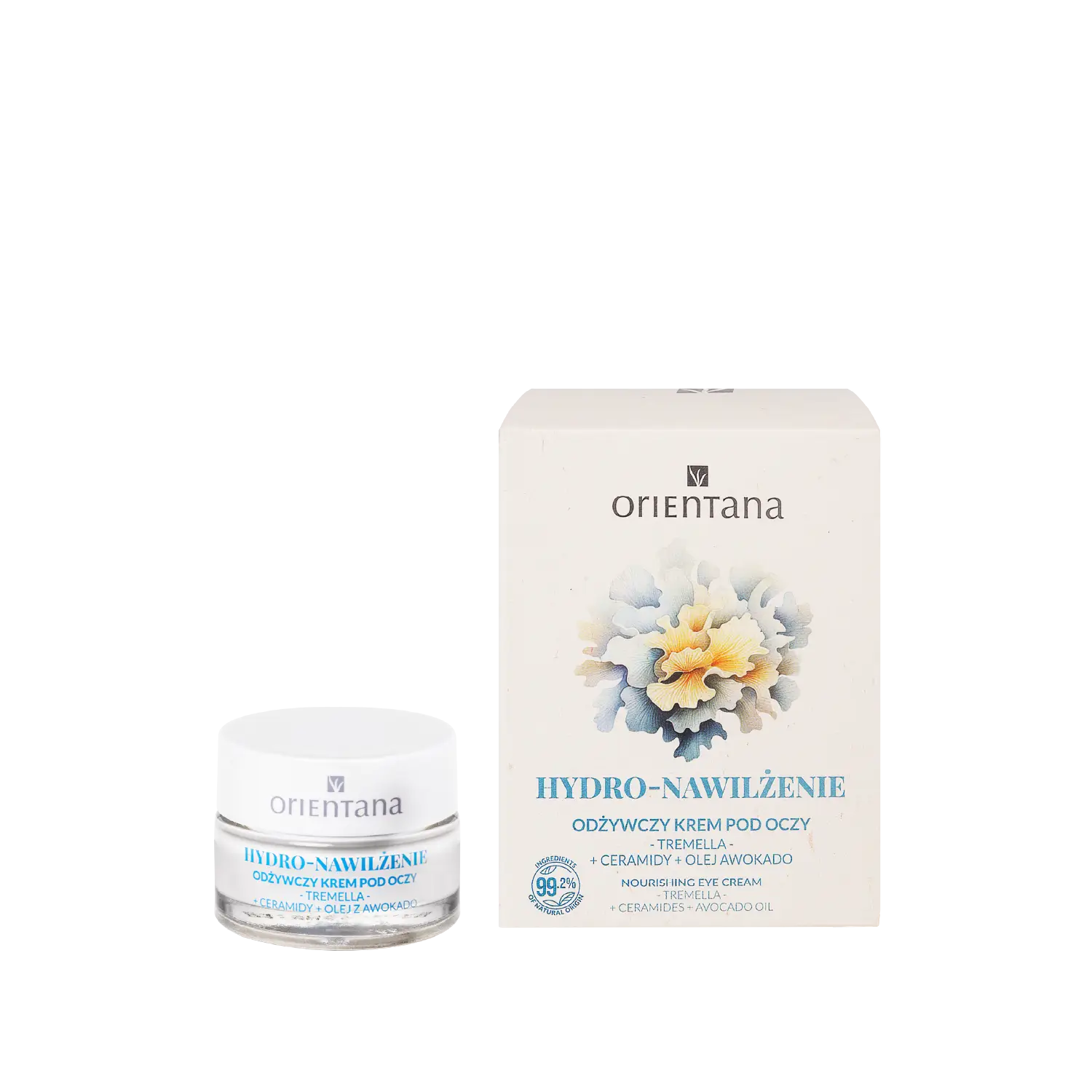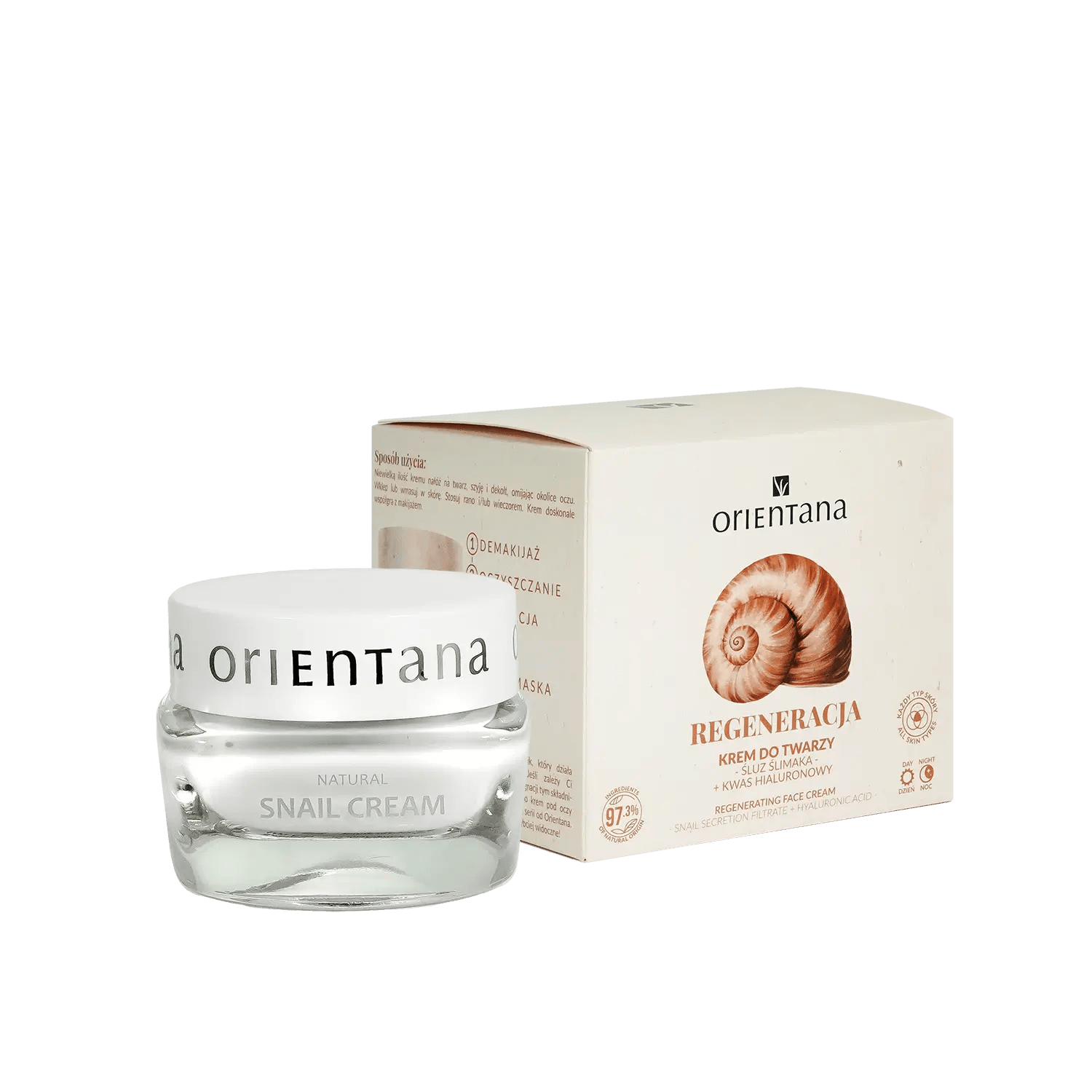Ceramides are natural lipids (fats) that constitute up to 50% of the stratum corneum. They are a key component of the skin's protective barrier, forming, along with cholesterol and fatty acids, a kind of "cement mortar" between epidermal cells. This makes the skin barrier tight, flexible, and resistant to external factors. Ceramides of biotechnological or synthetic origin are often used in cosmetics, ensuring their high purity and effectiveness. Ceramides strengthen the skin's hydrolipid barrier, protecting it from water loss and the effects of irritants. Their presence in skincare is particularly important for dry, dehydrated, sensitive, atopic, and mature skin, which naturally loses ceramides with age. Supplementing ceramides from the outside allows the skin to regenerate better, improving its elasticity, smoothness, and resistance to irritation. Thanks to their biocompatibility, ceramides are well-tolerated by the skin. They also support the action of other active substances, such as hyaluronic acid or niacinamide, and are often the basis of restorative and protective care.





